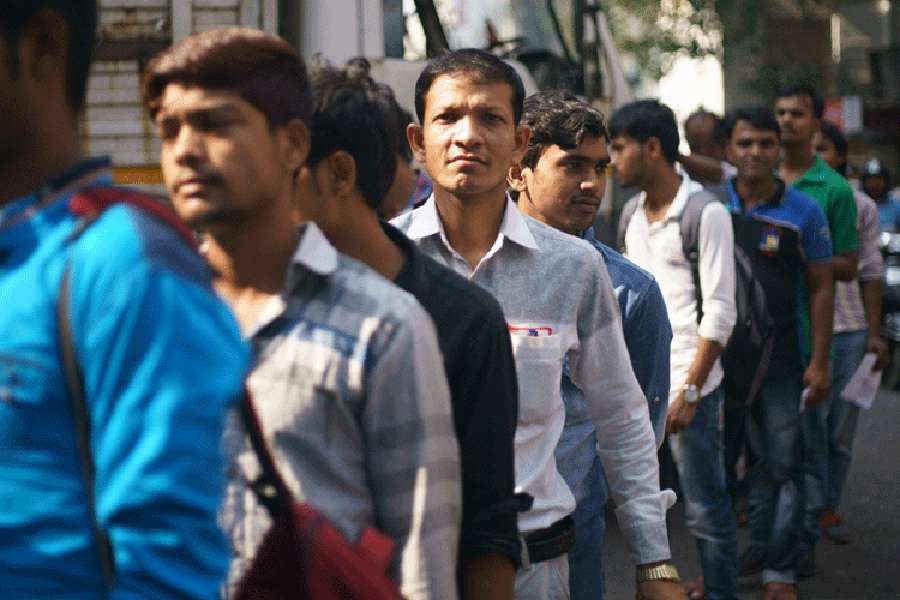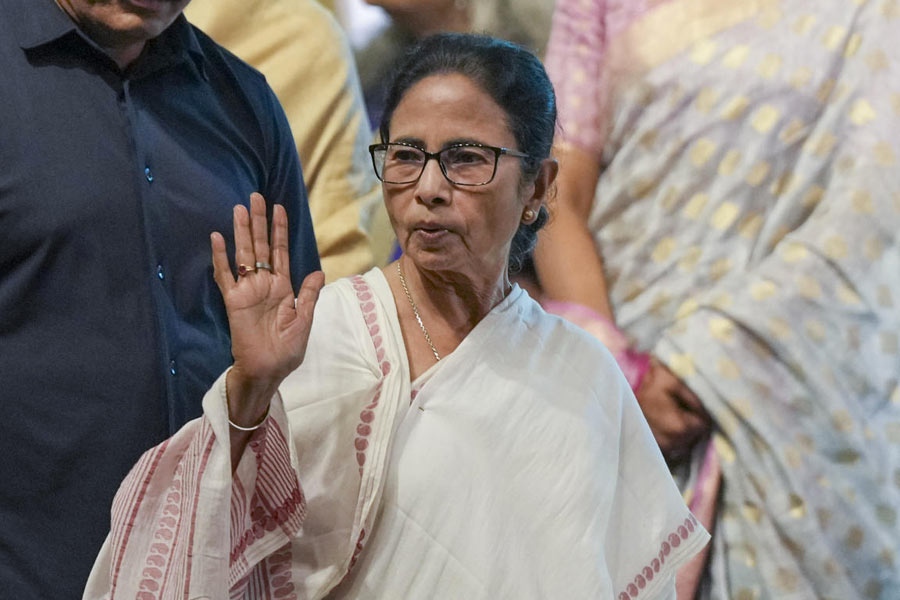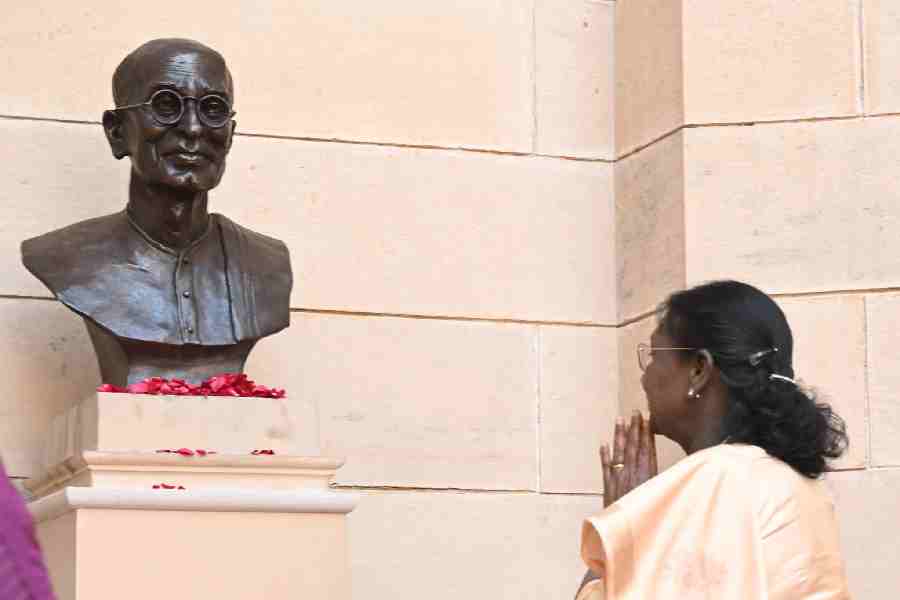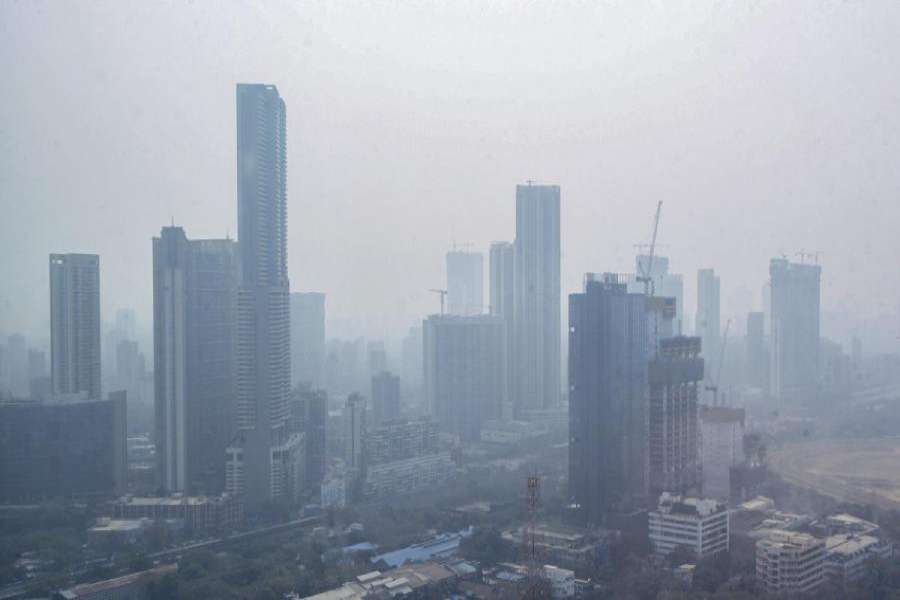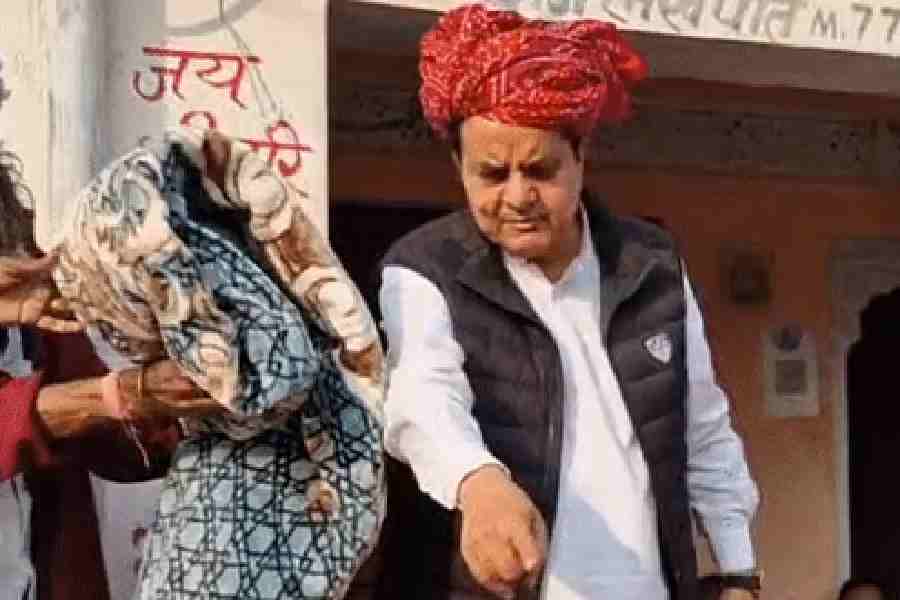In the last Maharashtra assembly election, the focus was squarely on the Maratha reservation issue. Rather than analysing the conundrum of Maratha reservation and its ramifications on the Maharashtra election, I will try to look at another pertinent issue: the demand of dominant castes — Marathas in Maharashtra, Patels in
Gujarat, Jats in Haryana, Kapus in Andhra Pradesh and so on — to be included in the reservation list for other backward classes.
The demand for inclusion in OBC reservation can be understood by looking at the structural conditions of the Indian economy, especially before and after liberalisation, wherein radical reconfigurations took place in terms of sectoral orientation and on account of affirmative steps taken by the Indian government for socially and educationally backward classes. Jats, Patels, and Marathas were predominantly agricultural communities that benefited from heavy investment in agriculture in the early decades after Independence. They enjoyed tremendous fortunes and commanded upward social mobility after Independence.
Pranab Bardhan, upon analysing the classes ruling post-Independence India, argued that the capitalists, the rich farmers and the bureaucracy as the three dominant classes competed and aligned with one another within a political space supervised by a relatively autonomous State. In this coalition, rich farmers enjoyed numerical superiority because they constituted a single agricultural group despite inherent social inequalities. But the decline in agriculture (agriculture’s contribution to GDP fell from 35% in 1990-91 to 15% in 2022-23), the growth of corporatised farming and the rise of the service sector have reconfigured the structure of the Indian economy. Communities that relied on farming for livelihood have failed to integrate themselves into the modern workforce because of their relatively low skills and the awareness needed for employment in a liberalised economy. This has generated discontent among these groups, given their former positions of strength, and led them to not see their future in the agricultural sector.
Partha Chatterjee has argued that the changes in the economy since the 1990s have transformed the framework of class dominance. With the dismantling of the license regime and the advent of foreign capital, there has been a distinct ascendancy in the relative power of the corporate capitalist class when compared to the landed elite. This has led to a decline in the political clout of rich farmers that has compromised their ability to pressurise the government for a long-term plan for growth in agriculture, leading to agrarian decline at the cost of growth in service and industries. The implementation of the suggestions of the Mandal Commission ushered in a new era in the lives of OBC communities, fostering a relative upward social mobility through reservations in government jobs and education. Witnessing the advancement of OBC communities, the landed elite zeroed in on education and job reservations as their path to betterment.
Christophe Jaffrelot argues that the claim for OBC reservation by the dominant castes can be understood in the context of the twin processes of “Market” and “Mandal”. These dual processes dislodged the dominant castes from their earlier economic and political pole positions, disturbing the old social equilibrium and creating a new crisis in terms of social and economic processes among these castes. This has led these aggrieved communities to demand reservations in education and jobs and seek careers in the service sector or in government jobs to protect their political turf from an upwardly mobile OBC leadership.
A Down to Earth report had found that at least 10 dominant castes in 15 states have staged protests to get recognised as backward communities. Jats, Patels, and Lingayats have got reservations while the Marathas and other land-based communities are demanding inclusion in the OBC list. This trend will intensify. Reservation is seen as a panacea for mitigating backwardness. But it is too early to say whether it will be a panacea for these land-based communities.
Sambhav Suman is a scholar at the Centre for Political Studies in Jawaharlal Nehru University

